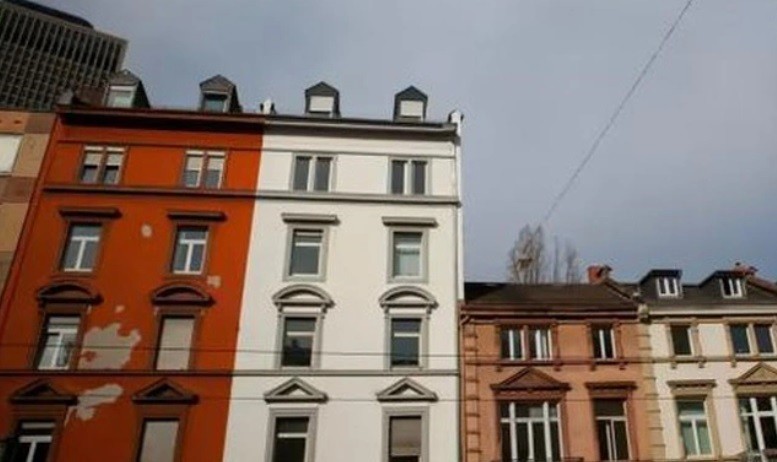 |
| German residential property prices fell an average of 10.2% year-on-year in the third quarter of 2023, the sharpest decline since such data began to be collected in 2000. (Source: Bloomberg) |
The biggest price falls were recorded in major cities such as Berlin, Hamburg, Munich, Cologne, Frankfurt am Main, Stuttgart and Dusseldorf. In these cities, prices for detached and duplex houses fell by 12.7%, while prices for apartments fell by 9.1%.
Falling demand due to high interest rates and financing costs has caused real estate prices to fall in the first half of this year. In the first and second quarters of 2023, residential real estate prices fell by 6.8% and 9.6%, respectively.
Konstantin A. Kholodilin, an expert from the German Institute for Economic Research, said on December 20 that a speculative price bubble had been present in Germany until 2022, one of the biggest bubbles in the past 50 years. Since then, prices have been falling steadily and the bubble has now “burst.”
Germany's construction and real estate sectors have entered a crisis period. According to insurance group Allianz, insolvencies in the sector increased by 20% between January and August 2023 compared to the same period last year.
Milo Bogaerts, CEO of Allianz Trade in Germany, Austria and Switzerland, said there has been a shortage of affordable housing for years and the current situation could worsen the situation. This year, the shortfall is estimated at 700,000 homes.
According to the ifo Institute for Economic Research, nearly 50% of German construction companies are reporting a shortage of orders, and the trend is accelerating. Ifo expert Klaus Wohlrabe said earlier this month that high costs and current interest rates are “making many builders nervous.
Interest rates on 10-year construction loans in Germany fell slightly to 3.8% in early December after hitting a decade-high of 4.2% in November 2023, according to mortgage broker Interhyp.
According to Destatis, construction prices for apartment buildings increased by 6.4% year-on-year in August 2023. Prices for most building materials continued to be significantly higher in the first six months of the year compared to last year.
The German government is expected to miss its target of building 400,000 new apartments this year and in 2024. However, Construction Minister Klara Geywitz said that the housing market will “shine” by the end of 2024 or early 2025, according to the Rheinische Post on December 21.
Meanwhile, the Kiel Institute for the World Economy (IfW) said that the German economy is on the rise again, but very slowly, and is expected to grow by 0.9% in 2024 and 1.2% in 2025.
In the fall, IfW had forecast a 0.5% contraction in the German economy this year, but the decline has been revised down to 0.3%, largely due to a significant fall in inflation. Inflation will average 5.9% in 2023, before falling to 2.3% in 2024 and 1.8% in 2025. IfW said there were signs of a return to growth, but this was mainly due to households spending significantly more thanks to rising wages and increased government subsidies. High income growth
According to the monthly consumer research published by German market research company GfK, all three pillars of the German consumer environment, income expectations, purchasing trends and economic expectations, recorded improvements this month compared to the previous month.
The study, conducted jointly by GfK and the Nuremberg Institute for Market Decisions (NIM), found that German consumer sentiment unexpectedly improved at the end of the year, largely due to expectations of higher income from wages or pensions, while the national inflation rate has almost returned to normal at 3.2% compared to the previous year, suggesting that purchasing power may increase again.
However, it remains to be seen whether the current increase is the start of a sustainable recovery in consumer sentiment as consumer concerns remain very high, said NIM consumer expert Rolf Bürkl.
Geopolitical crises and conflicts, rising food prices and discussions on the 2024 national budget continue to cause uncertainty. As a result, consumer sentiment remains extremely low."
Source



































































































Comment (0)